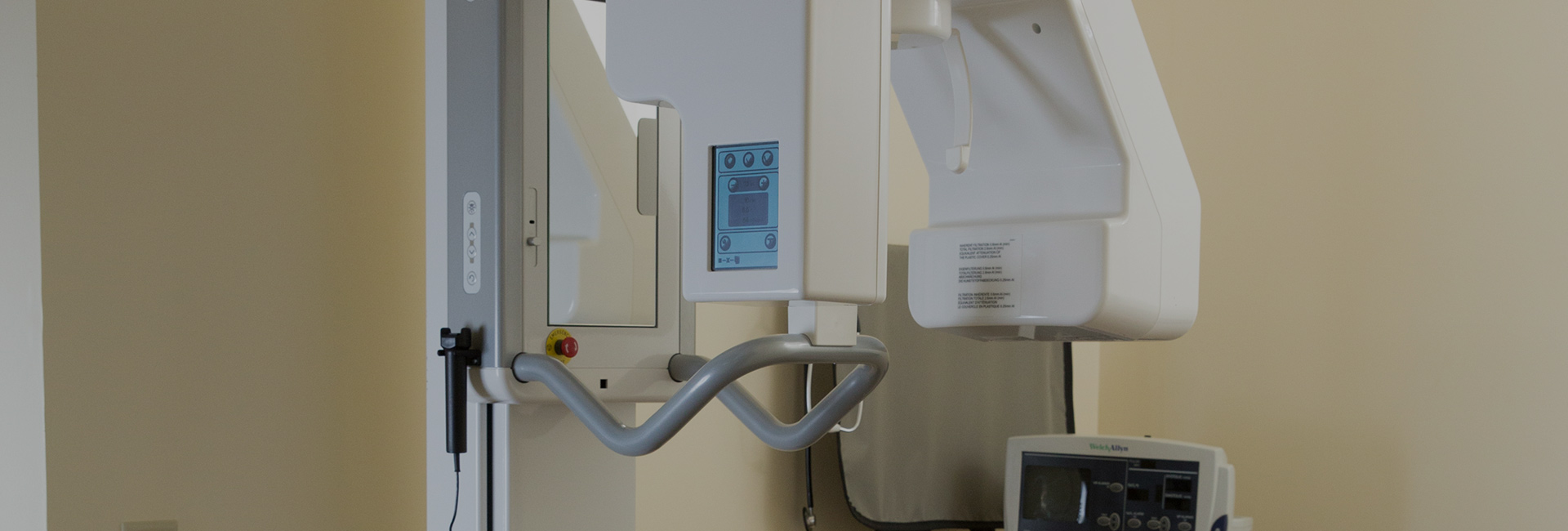Getting routine preventive dental care at least twice a year will help to keep your smile as healthy as possible. Preventive dental care includes a variety of services such as exams and cleanings and sealants and fluoride treatments. This type of care lowers the likelihood that oral bacteria will have the opportunity to attack your teeth and gums and cause significant harm. Sometimes, diagnostic services can even save a patient’s life when early-stage oral cancer is identified and treated or when an infection in the tooth’s inner core is treated before it has the opportunity to spread throughout the body and cause systemic damage.
Routine Exams And Cleanings
Semiannual exams and cleanings are the foundation of preventive dental care. Having your teeth and gums monitored by your dentist on such a regular basis greatly improves the chances that any oral diseases will be diagnosed in their earliest stages when they can be treated effectively with the most conservative interventions available.
Your dentist will look for symptoms of cavities, gum disease, and oral cancer, among other issues. It’s important to recognize that the prognosis for oral cancer is much better when it is diagnosed and treated before it has the opportunity to spread to nearby tissues. Our practice uses advanced imaging technology, including DiagnoDent and Dexi CariVu imaging, in addition to traditional dental x-rays and intraoral cameras, as part of this process for a comprehensive examination of all of the tissues of your mouth.
At these appointments, you will have your teeth cleaned by a professional dental hygienist. These cleanings help eliminate any bacteria-laden plaque and tartar that can accumulate even if you are extremely conscientious about your home oral hygiene routine. It’s difficult for you to reach some areas of your smile, but hygienists have a better angle on these spots.
Preventive Treatments
In addition to the cleanings and exams that patients get twice each year, many people will benefit from additional preventive treatments that strengthen and protect their teeth. Fluoride treatments can help with the remineralization of teeth. Not only is this important for children, whose teeth are developing, but it also boosts the health of adults, whose teeth become less efficient at re-mineralizing as they get older. Stronger teeth are more resistant to infiltration by bacteria. Sealants also help to protect teeth. A barrier is applied to surfaces of the teeth that are particularly susceptible to cavities. This can be especially valuable for patients who are prone to tooth decay.
Emergency Dental Care
Dental emergencies can seem unbearable, so you want a dentist who can see you for treatment as soon as possible. Our practice can accommodate emergency appointments, so we encourage you to call us if you’re experiencing severe tooth pain or if you have broken or knocked loose a tooth or lost a filling. We will fit you into our schedule as soon as possible, and if there is some delay until you can be seen, we can advise you of steps you can take on your own to manage the problem temporarily in the meantime.


